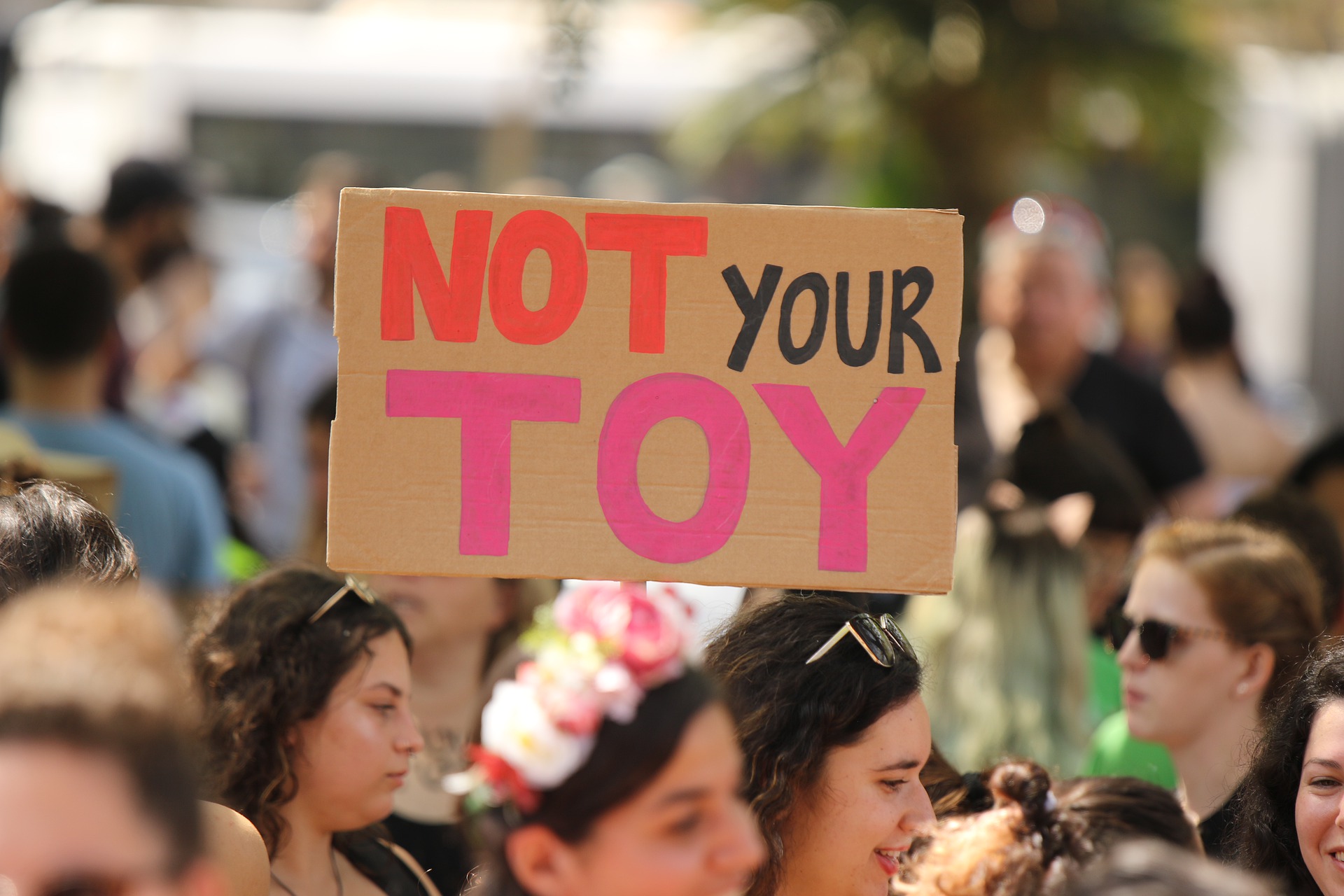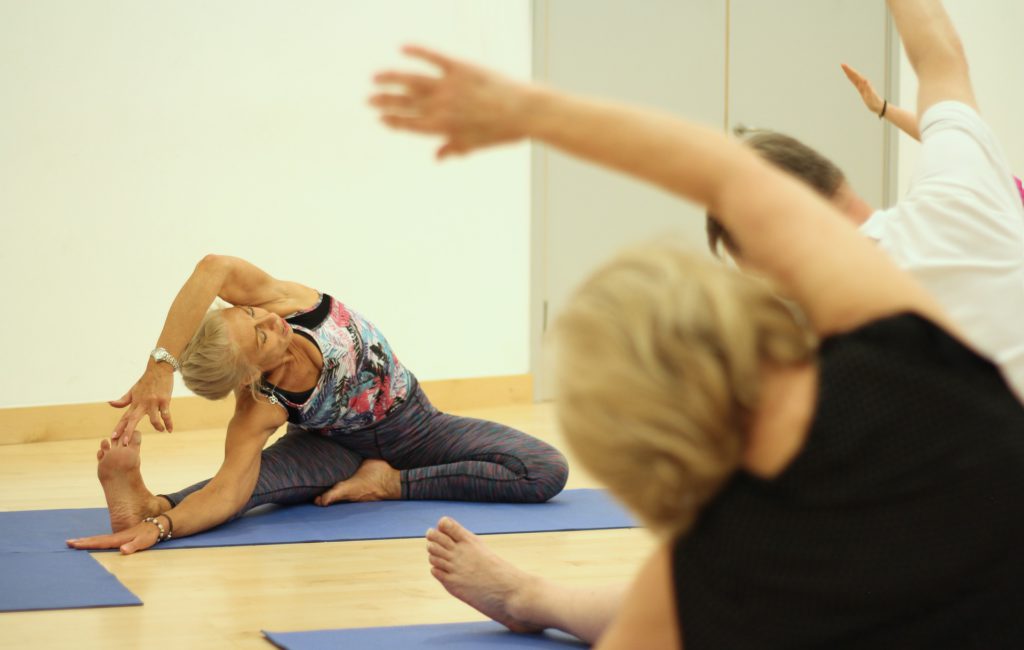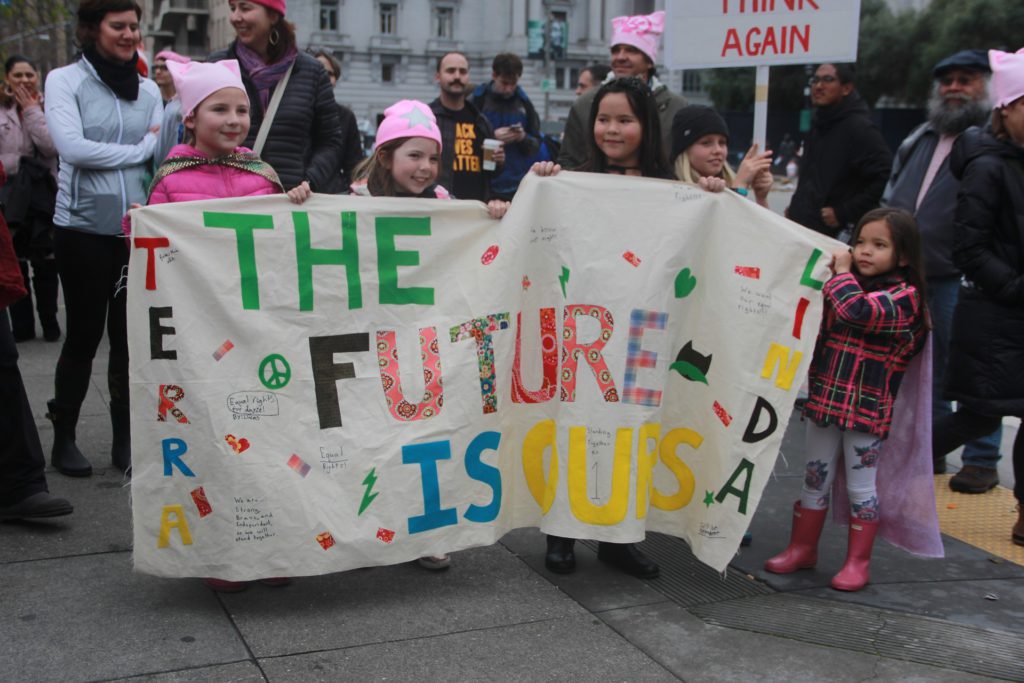This article showcases our top picks for the best books on the womens liberation movement. We reached out to industry leaders and experts who have contributed the suggestions within this article (they have been credited for their contributions below).
We are keen to hear your feedback on all of our content and our comment section is a moderated space to express your thoughts and feelings related (or not) to this article This list is in no particular order.
Sisterhood and After by Margaretta Jolly
This product was recommended by Thomas Fultz from Coffeeble
Sisterhood and After is a wonderful book all about the testimonies of the feminist life from the 1950s to today. With personal stories in every chapter, you will feel the emotion and the power of the movement just through the pages, and will really help you to understand the severity of the movement at its time, and why it still has so much of an impact now. History books cannot teach you all the stories, where this one book can teach you everything you need to know.
Living for the Revolution by Kimberly Springer
This product was recommended by Alexandria Barabin Harris from Yes She Leads
Women are leaders. Periodt! In particular, Black women leaders have long been excluded from conversations on both the Women’s Liberation Movement and the Black Power Movement. Yet, this myth is historically inaccurate. In fact, it was Black women that pushed both agendas during this time, and Kimberly Springer’s work speaks to this reality.
Good and Mad by Rebecca Traister
This product was recommended by Danielle Sullivan from The Neurodiverging Podcast
This is a great historical account of instances in which women’s anger, and especially Black women’s anger, changed the course of United States history. It is vitriolic, intense, and hard, and yet completely uplifting. It is imperfect – it doesn’t cover vast swathes of queer history (though Stonewall is in here), or most folks who are neither Black nor white. Though I would love for it to be a more complete, inclusive accounting, it is still a huge accomplishment, and very worthy of being read by everybody everywhere.
How to Suppress Women’s Writing by Joanna Russ
This product was recommended by Danielle Sullivan from The Neurodiverging Podcast
Russ wrote this as a guide to how women, people of color, and others are excluded, and have been excluded, from writing and publishing throughout history. Every Intro to Gender Studies class should read this book. High school English classes should teach it, actually. It’s ridiculous that it is still so on-the-nose about how women’s writing is regarded more than 30 years after it was originally published.
Why They Marched by Susan Ware
This product was recommended by Piyushi Dihr from Help and Wellness
This entertaining book features the accounts of 19 women who fought in the women’s suffrage movement in the United States. Susan Ware shares the stories of these courageous women from a variety of races and backgrounds with the reader in a series of short biographies. A highly informative read that explores what is perhaps the most important era for women in American history.
Feminism Unmodified by Catharine A. MacKinnon
This product was recommended by Jennifer Willy from Etia
Feminism Unmodified by Catharine A. MacKinnon offers a unique retrospective on the law of sexual harassment, which she designed and has worked for a decade to establish, and a prospectus on the law of pornography, which she proposes to change in the next ten years.
The Feminist War on Crime by Aya Gruber
This product was recommended by Jennifer Willy from Etia
The Feminist War on Crime by Aya Gruber contends that we must abandon the conventional feminist wisdom, fight violence against women without reinforcing the American prison state, and use criminalization as a technique of last-not first-resort.
The Color of Privilege by Aida Hurtado
This product was recommended by Jennifer Willy from Etia
The Color of Privilege: Three Blasphemies on Race and Feminism by Aida Hurtado argues that the different responses to feminism by women of color are not so much the result of personality or cultural differences between white women and women of color, but of their different relationship to white men.














